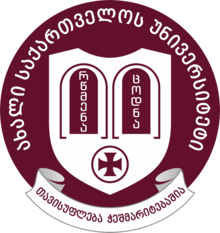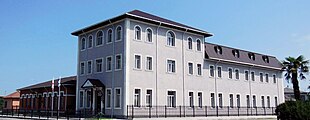For graduate-level theological institutions, the Master of Divinity is the first professional degree of the pastoral profession in North America. It is the most common academic degree in seminaries and divinity schools.

Georges Vasilievich Florovsky was a Russian Orthodox priest, theologian, and historian.

Doctor of Theology is a terminal degree in the academic discipline of theology. The ThD, like the ecclesiastical Doctor of Sacred Theology, is an advanced research degree equivalent to the Doctor of Philosophy.

John Zizioulas was a Greek Orthodox bishop who served as the Metropolitan of Pergamon of the Ecumenical Patriarchate of Constantinople from 1986 until his death in 2023. He was one of the most influential Orthodox Christian theologians of the 20th and 21st centuries.

The Slavic Greek Latin Academy was the first higher education establishment in Moscow.
Boston University School of Theology (STH) is the oldest theological seminary of American Methodism and the founding school of Boston University, the largest private research university in New England. It is one of thirteen theological schools maintained by the United Methodist Church. BUSTH is a member of the Boston Theological Institute consortium.
The University of Chicago Divinity School is a private graduate institution at the University of Chicago dedicated to the training of academics and clergy across religious boundaries. Formed under Baptist auspices, the school today lacks any sectarian affiliations.
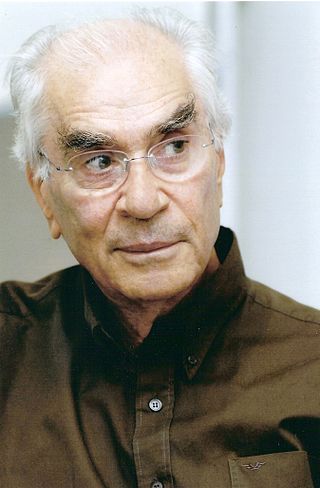
Christos Yannaras is a Greek philosopher, Eastern Orthodox theologian and author of more than 50 books which have been translated into many languages. He is a professor emeritus of philosophy at the Panteion University of Social and Political Sciences, Athens.

Kallistos Ware was an English bishop and theologian of the Eastern Orthodox Church. From 1982, he held the titular bishopric of Diokleia in Phrygia, later made a titular metropolitan bishopric in 2007, under the Ecumenical Patriarchate of Constantinople. He was one of the best-known modern Eastern Orthodox hierarchs and theologians. From 1966 to 2001, he was Spalding Lecturer of Eastern Orthodox Studies at the University of Oxford.

John Chryssavgis is an Orthodox Christian theologian who serves as advisor to the Ecumenical Patriarch on environmental issues. He is a clergyman of the Greek Orthodox Archdiocese of America. In January 2012, he received the title of Archdeacon of the Ecumenical Throne by His All-Holiness Ecumenical Patriarch Bartholomew. In 2016, he was awarded an honorary doctorate by St. Vladimir's Theological Seminary. In 2020, he was elected Honorary Professor of Theology in the Sydney College of Divinity.
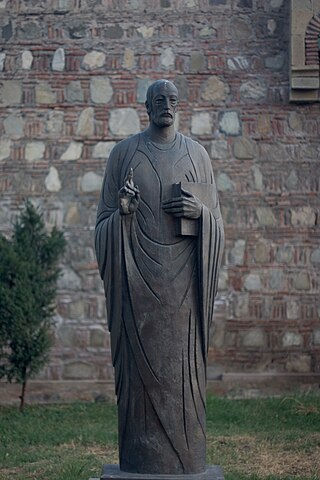
Ioane Petritsi also referred as John Petritzos was a Georgian Neoplatonist philosopher of the 11th-12th century, active in the Byzantine Empire and Kingdom of Georgia, best known for his translations of Proclus, along with an extensive commentary.

The Catholic Church and the Eastern Orthodox Church have been in a state of official schism from one another since the East–West Schism of 1054. This schism was caused by historical and language differences, and the ensuing theological differences between the Western and Eastern churches.
The history of Eastern Orthodox Christian theology begins with the life of Jesus and the forming of the Christian Church. Major events include the Chalcedonian schism of 451 with the Oriental Orthodox miaphysites, the Iconoclast controversy of the 8th and 9th centuries, the Photian schism (863-867), the Great Schism between East and West, and the Hesychast controversy. The period after the end of the Second World War in 1945 saw a re-engagement with the Greek, and more recently Syriac Fathers that included a rediscovery of the theological works of St. Gregory Palamas, which has resulted in a renewal of Orthodox theology in the 20th and 21st centuries.
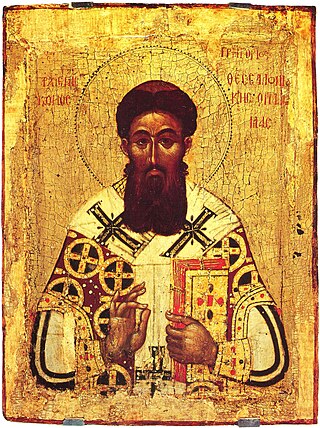
20th century Eastern Orthodox theology has been dominated by neo-Palamism, the revival of St. Palamas and hesychasm. John Behr characterizes Eastern Orthodox theology as having been "reborn in the twentieth century." Norman Russell describes Eastern Orthodox theology as having been dominated by an "arid scholasticism" for several centuries after the fall of Constantinople. Russell describes the postwar re-engagement of modern Greek theologians with the Greek Fathers, which occurred with the help of diaspora theologians and Western patristic scholars. A significant component of this re-engagement with the Greek Fathers has been a rediscovery of Palamas by Greek theologians; Palamas had previously been given less attention than the other Fathers.
Vasileios Ioannidis was a Greek theologian and professor. His research was focused on the analysis and the understanding (hermeneutics) of the New Testament. Ioannidis participated in the first three Assemblies of the World Council of Churches and was involved in the movement of Ecumenism.
The Institute for Orthodox Christian Studies (IOCS) is a theological college in Cambridge, England. It works in collaboration with the University of Cambridge and Anglia Ruskin University and awards its degree programs through these universities. IOCS is the only Christian Orthodox institute for higher education in the UK and the only academic institution teaching the Orthodox faith in English anywhere in western Europe. Along with other theological colleges in Cambridge, it is a member of the Cambridge Theological Federation. The institute adopts a holistic approach to learning that integrates academic study with a liturgical life.
Archimandrite Seraphim (Papakostas) (1892 – 1954) was the Superior of the Zoe Brotherhood movement in Greece from 1927-1954. Zoe was founded in 1907 by Archimandrite Eusebius Matthopoulos (1849-1929), an earlier follower and collaborator of Apostolos Makrakis, as an extra-ecclesiastical, semi-monastic organization patterned on religious orders in the West.
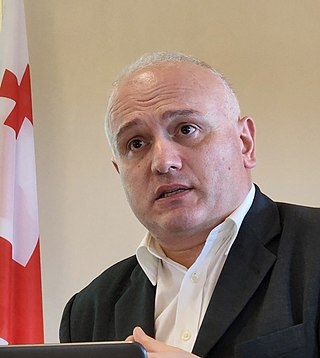
Tengiz Iremadze is a Georgian philosopher. His major fields of study are philosophy of mind, Christian philosophy, philosophy of war and peace, sociology of terror, sociology of media and philosophical urbanism. He pays special attention to medieval, early modern and contemporary Georgian and European philosophy.
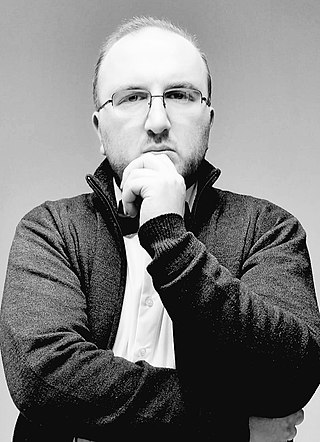
Giorgi Khuroshvili is a Georgian philosopher.

Metropolitan Grigoli Berbichashvili is the Georgian Orthodox Metropolitan of Poti and Khobi, a member of holy synod of Apostolic Autocephalous Orthodox Church of Georgia, Head of the Department of the Georgian Patriarchate for Publishing and Reviewing and Rector of New Georgian University.
